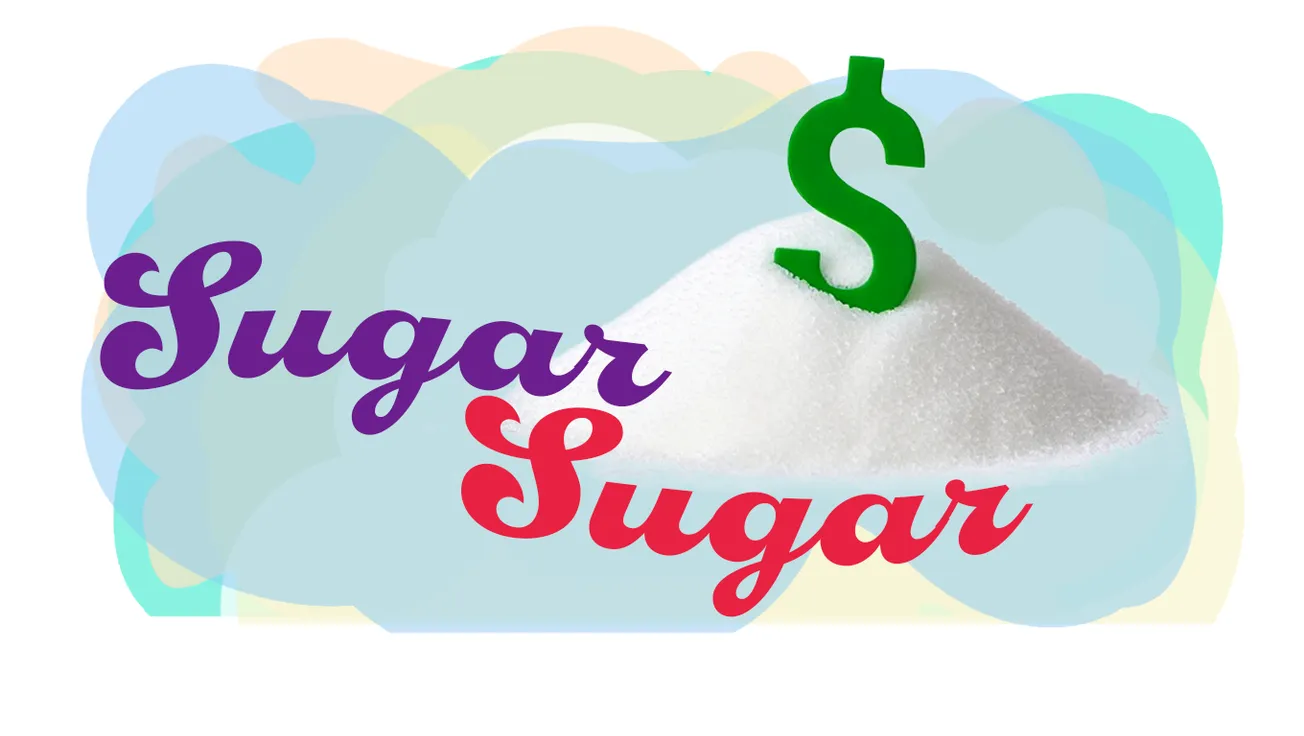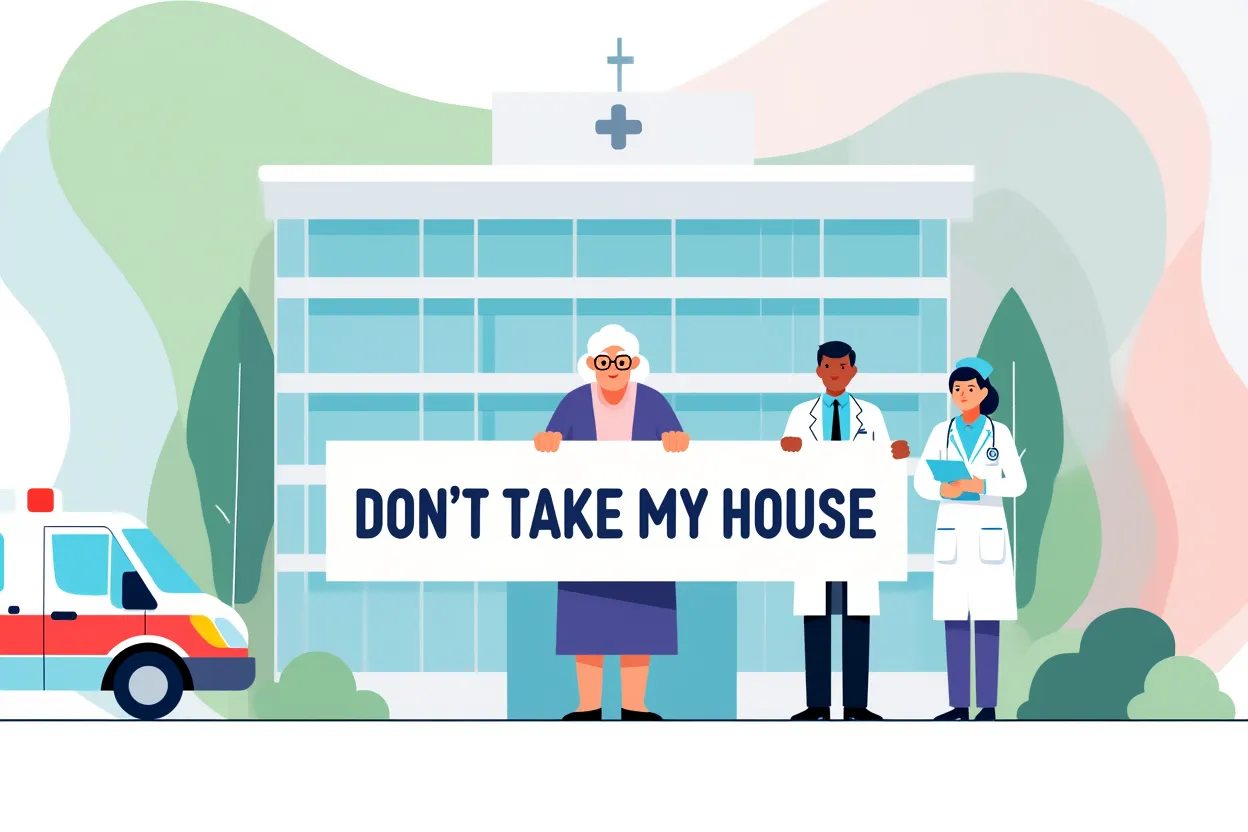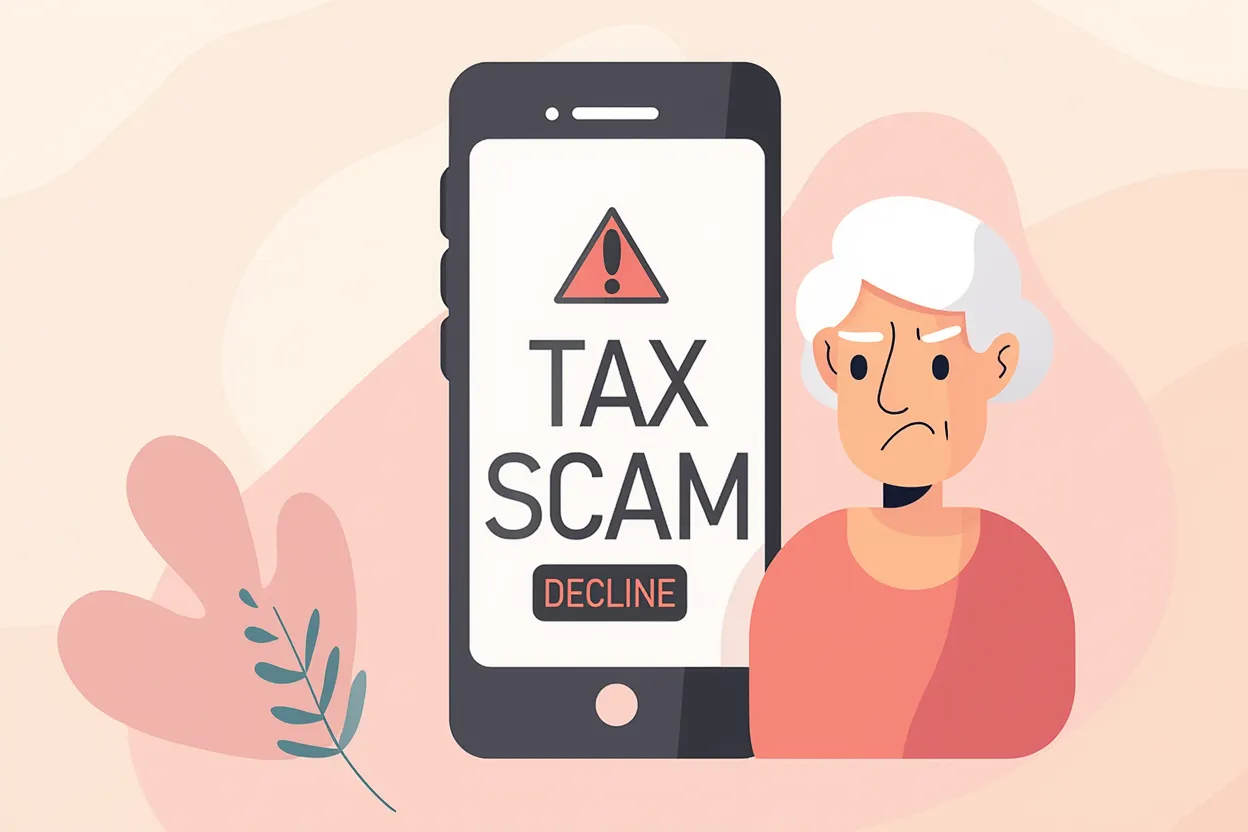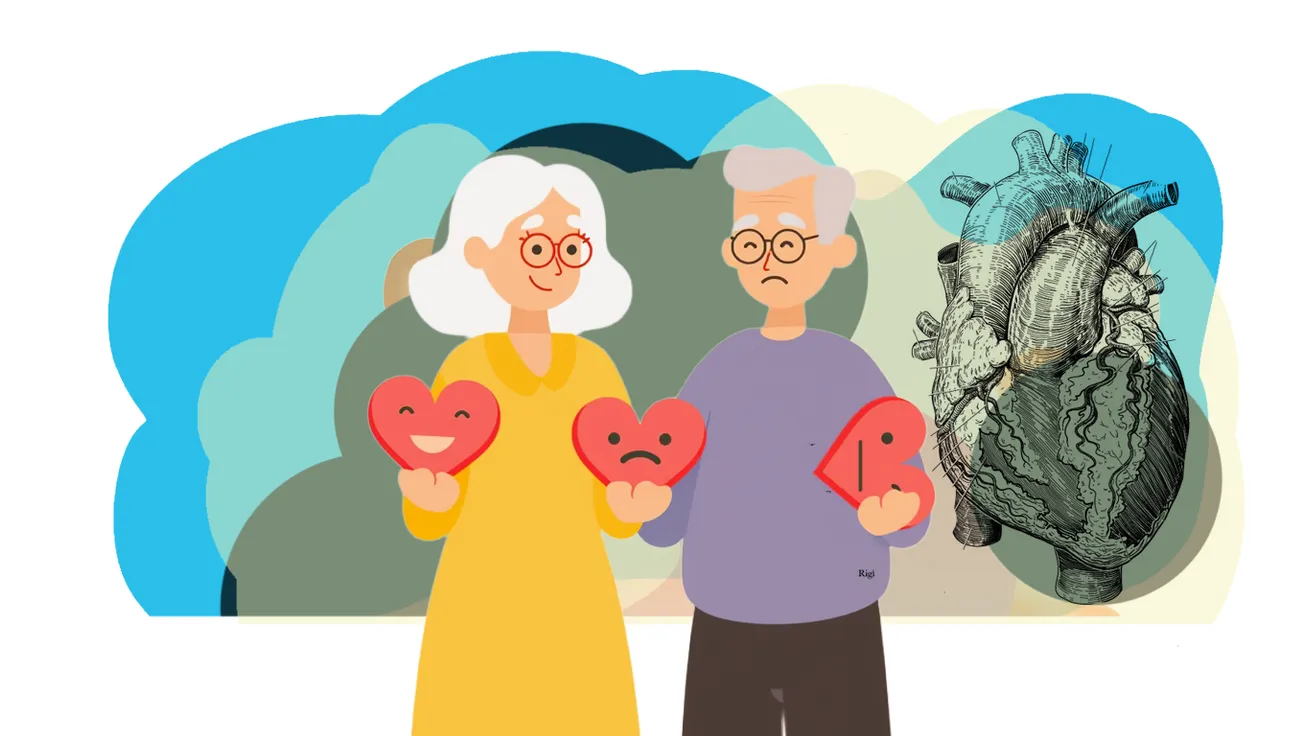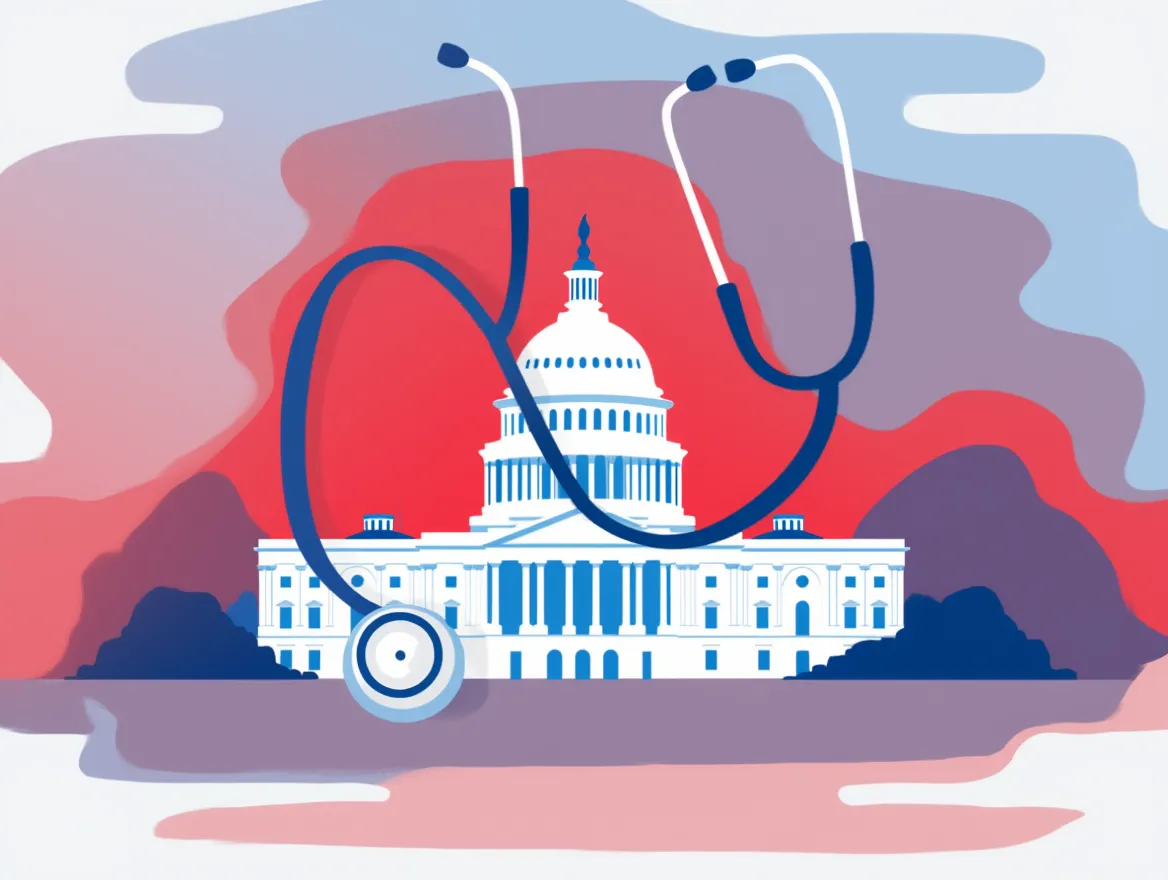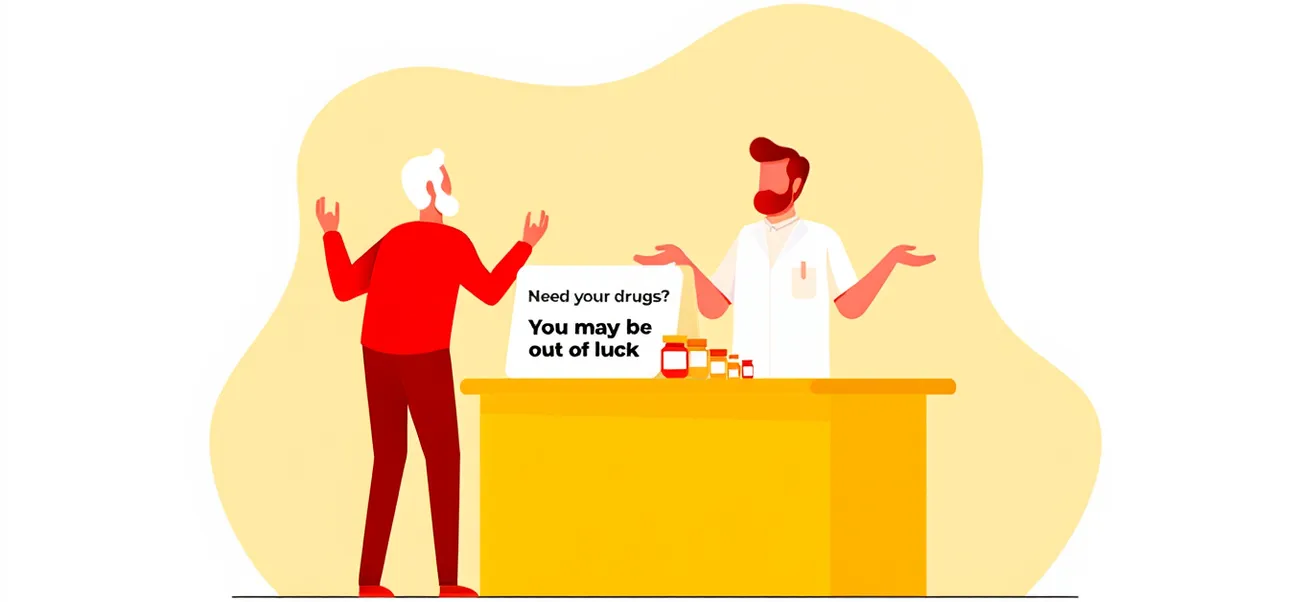The Takeaway
- GLP-1 weight-loss drugs and anti-sugar policies are cutting into U.S. sugar demand.
- Farmgate sugar beet prices have fallen by a third, while grocery prices stay steady.
- Seniors could face higher food costs and fewer affordable, shelf-stable options.
- Expert warns the real problem is how Big Food — and even Big Tobacco — designed our diets.
- Redirecting subsidies toward whole foods could help both farmers and older adults.
Farmers making less = you paying more
When sugar beet farmers talk about “feeling the squeeze,” it’s not just about the crop. The prices they’re paid for their beets — known as farmgate prices — have fallen by nearly a third this year, the lowest since 2019. But those savings never make it to the grocery aisle. Retail sugar prices have held steady or even ticked up as middlemen and manufacturers protect their margins.
Meanwhile, fertilizer, fuel, and labor costs keep climbing, leaving farmers squeezed from both ends. Some are planting the fewest acres in forty years; others have walked away after generations on the land. But this isn’t only a farm story. It’s about the country’s shifting relationship with food — and seniors may end up paying part of the price.
As the use of GLP-1 drugs like Ozempic and Wegovy grows, Americans are eating less sugar. That’s good news for waistlines, but rough on beet farmers and food processors. Yet Eric Crosbie, Associate Professor in the School of Public Health at the University of Nevada, Reno, says the real concern isn’t just supply and demand. It’s who’s calling the shots in the first place.
“Many of these policies target ultra-processed foods and drinks that contain little to no nutritional value,” Crosbie explains. “The issue isn’t sugar itself — it’s the system that made us addicted to industrial food in the first place.”
Who's to blame?
Crosbie points to a surprising culprit: Big Tobacco. He says internal documents show tobacco companies once owned major food brands and used their expertise in addiction to design hyper-palatable products — the chips, sodas, and snack cakes many Americans grew up with. “Ultra-processed foods,” he says, “have literally been brought to you by Big Tobacco.”
But, it's not just Big Tobacco. The formulation of foods – particularly snacks – were modifed when the original producer sold the brand to a larger company.
One example is Smartfood White Cheddar Popcorn. Smartfood was sold to Frito-Lay in 1989. More recently, longtime fans noticed it tastes “less cheesy.” Eater. Why? Because, as Eater's Jaya Saxena theorizes: a) the ingredient order shifted and cheddar moved further down the list; b) They added more “natural flavors” and maltodextrin (a bulking agent).
So that’s a clear case: acquisition + corporate scale pressures = recipe change that many consumers detect.
Now, with GLP-1 drugs suppressing appetite and sugar taxes reshaping the market, those same corporate players are rebranding themselves as part of the solution. “The elephant in the room,” Crosbie says, “is that Big Food, Big Tobacco, and Big Pharma still seek to maximize profits at the expense of public health.”
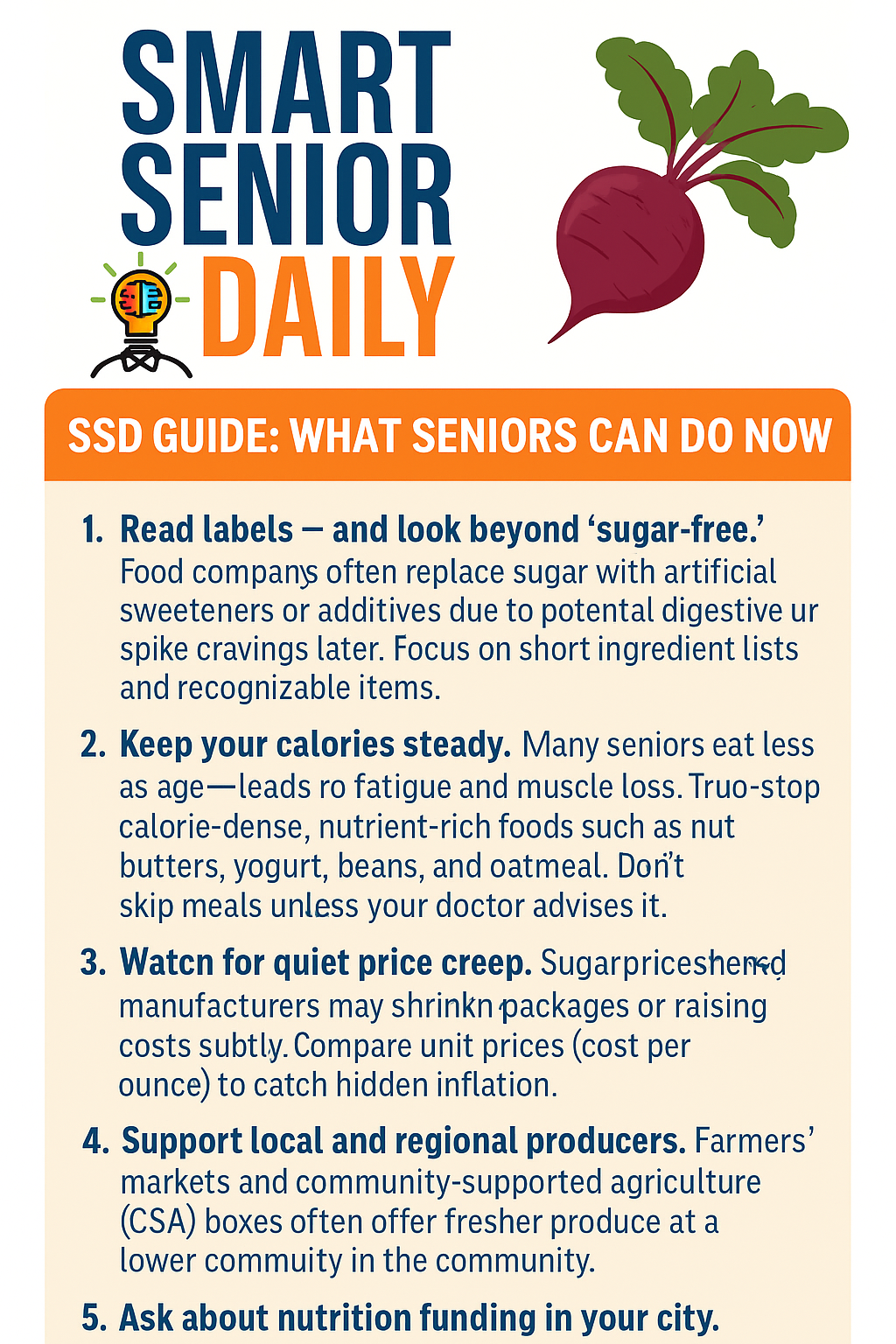
Seniors in the middle
Older adults — especially those living alone or on fixed incomes — could find themselves squeezed between shrinking supply and higher prices. Many depend on affordable, shelf-stable foods that rely on sugar for flavor and preservation. “It’s a continuous game of consequences,” Crosbie warns, “that disproportionately hurts seniors and farmers.”
He says the real fix lies in redirecting subsidies away from ultra-processed foods toward fresh, whole ingredients — a model already being tried in countries like Brazil. “Farmers and older adults alike would benefit from policies that make fruits, vegetables, grains, and fresh meat more affordable,” he notes.
Crosbie also cautions against framing every sugar policy as “anti-sugar.” Cities such as Seattle and Berkeley, which tax sugary drinks, have used the revenue to fund local nutrition programs — including some that directly benefit older residents. “Those efforts aren’t anti-sugar,” he says. “They’re anti-industry.”
In the end, Crosbie’s message to seniors is clear: don’t get distracted by the headlines about sugar or diet drugs. The deeper question is who shapes your choices at the grocery store — and whether those choices are made for your health or someone else’s profit.
Disclaimer: This article is for informational purposes only and should not be considered medical or nutritional advice. Seniors should consult a qualified healthcare provider before making changes to diet or medication use.


